Immigration is a hot topic in the 2024 election and a subject that affects every American.
I immigrated to the United States. We moved to Texas when my husband’s company transferred him from their office in Calgary, Alberta, Canada, to Ft. Worth in January 1992. My children and I were granted Visas that permitted us to live in the USA but prohibited us from working.
In the years that followed, we navigated through the system to change the levels and restrictions on our Visas. At one point in the immigration process, I had participated in so many appointments and answered so many questions about my background that I began to wonder if the Immigration Department would demand a pound of flesh and a pint of blood. I’m surprised they didn’t.
My family’s journey of immigrating to the United States was a long, laborious process; it took years to get our citizenship, and it cost tens of thousands of dollars.
During the whole immigration experience, I discovered something that I really had not paid much attention to previously:
THE BORDER!
My family and I had always crossed the Canada/USA border with the ease of crossing a border between Canadian provinces. Whitefish, Montana, had become our “home away from home.” The US Customs office at the border was a mere formality and the opportunity to stop at a meticulously clean restroom.
Like many Canadians of my generation, I grew up under the influence of the USA. Our television programs, books, music, and movies came from the USA. Downtown Calgary was filled with skyscrapers built by US companies that employed thousands of Calgarians and kept our economy healthy. In a sense, we felt like Northern cousins to the USA.
I THOUGHT it would be a “straight-across-the-board” transition to move from Alberta to Texas. Both places had beef cattle, oil, wide open spaces, and a maverick spirit.
I underestimated the DIFFERENCES between Canada and the USA.
I moved to Texas in 1992, the year that Bill Clinton, George Bush, and Ross Perot ran for President.
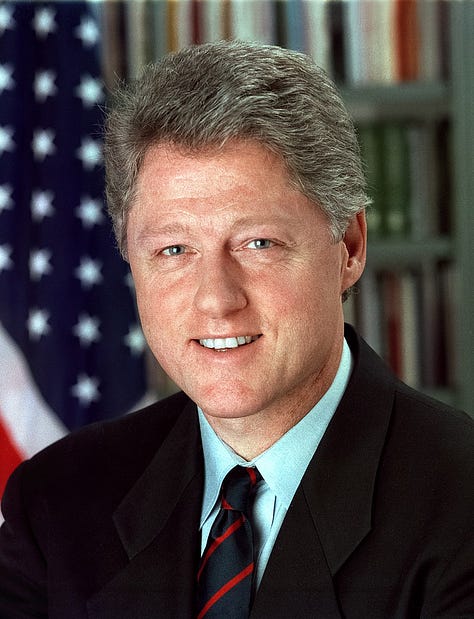
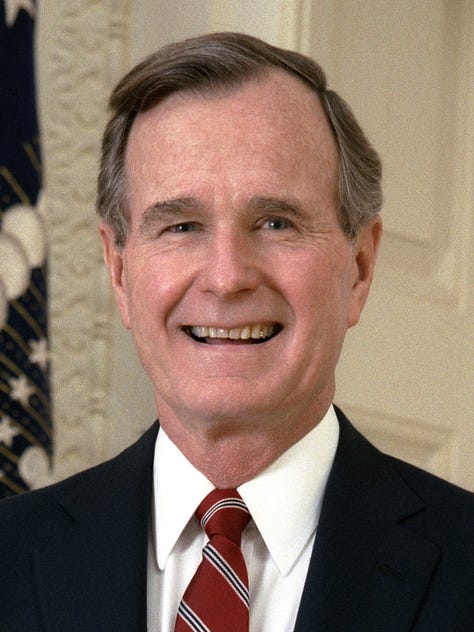
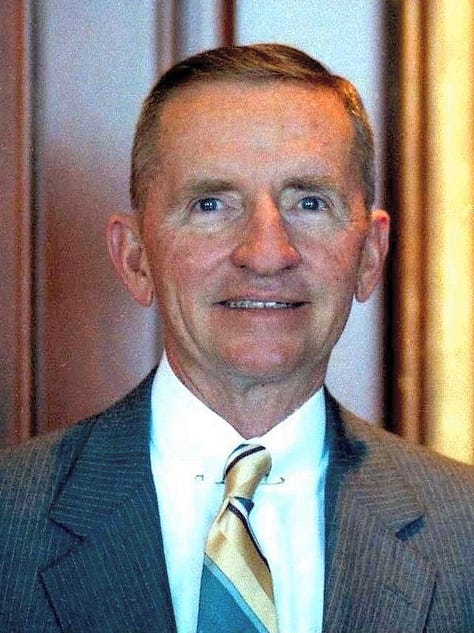
I was well-versed in Canadian and British history. I could tell you about the Magna Carta, Mary Queen of Scotts, the eight wives of Henry VIII, the Canadian Confederation, the Last Spike, the Hudson’s Bay Company, the Battle of the Plains of Abraham, and so forth. But…
I did not know the difference between a Democrat and a Republican. I knew where I stood politically, but which party (if either) did I align with?
Who are the donkeys? Who are the elephants? What is an electoral college? Why is this election just for the president? Benjamin Franklin, John Adams, Thomas Jefferson, Andrew Jackson— what did they do? What does it mean that the USA is a Democratic Republic? Why is Texas called the Republic of Texas? What is the difference between the War of Independence, the Revolutionary War, and the Civil War? What is an Antebellum building? What’s the difference between a Red State and a Blue State? Was Grant for the North and Lee for the South, or was it the other way around?
I have always considered myself a well-educated person, but my knowledge of American history was limited to a one-week cursory glance at it in high school.
I was surrounded by a society that ASSUMED I knew their history and understood their system! Their history was part of them because they were born and raised with it, and their system was second nature to them because they lived in it.
I felt like a fish out of water. It was glaringly evident to me that I DID NOT understand the historical foundation of the country I was living in, and I certainly did not understand the political system.
It’s not my style to settle for personal ignorance or pretend I understand something I don’t, so I set out to change my predicament. Undoubtedly, the hype of the presidential election spotlighted my shortcomings in understanding many aspects of American history, culture, politics, and governmental operations. Although my Visa restricted me from voting, the 1992 presidential election prompted me to:
Thoroughly examine the platforms for each party and decide which one aligns most closely with my beliefs.
Study the history of the United States by reading and taking video courses.
Learn that Donkeys represent the Democrats, and Elephants represent the Republicans.
I have now lived in Texas for half my life, and I have been a US citizen for over 20 years. In my years as a US citizen, I have gained increased respect for the Constitution of the United States— it is an incredible document, and the Founding Fathers of this country were wise beyond comprehension! I also appreciate the fact that the United States is a Democratic Republic. The longer I live here, the more I discover how ingenious that structure is. Our country has an amazing foundation!
I am compelled to share my thoughts because the United States of America has had millions of people cross its southern border in the past few years. I sincerely doubt that many of those people will take the time and effort I did to study the history of this country and to learn how the government and political system function.
There is a lot to learn culturally, historically, legally, financially, and politically as an immigrant to a new country. As a Canadian, I undoubtedly had fewer adjustments to make than people from many other countries.
As I hear rumblings about allowing people who have come across our Southern Border to vote in the 2024 presidential election, I have serious reservations. Not only is this unconstitutional and illegal, I can tell you from experience they do not even know the difference between a Donkey and an Elephant!




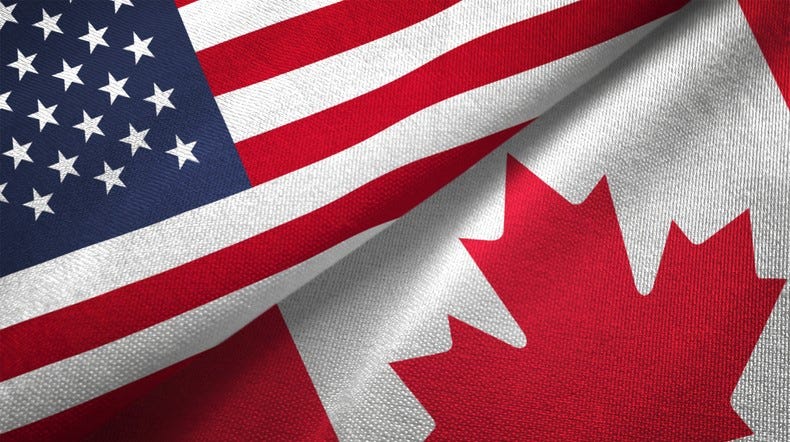
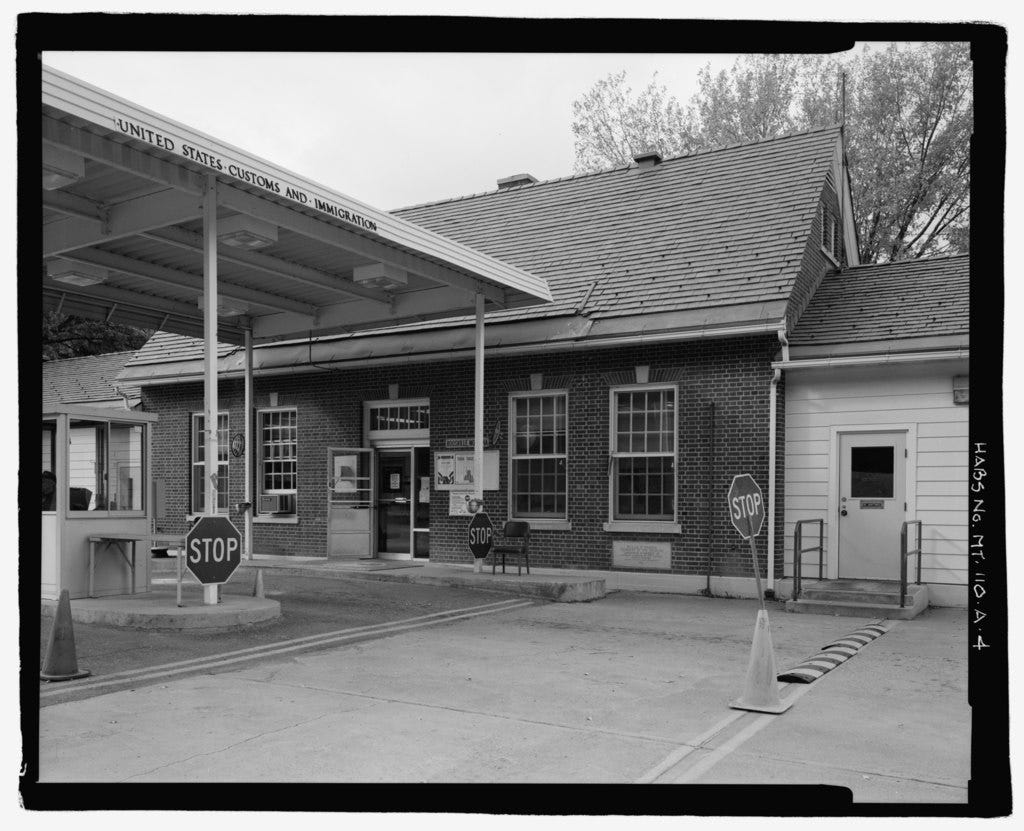
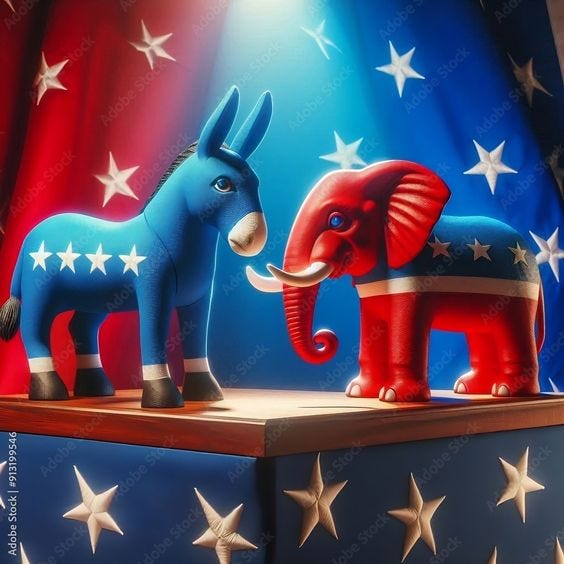
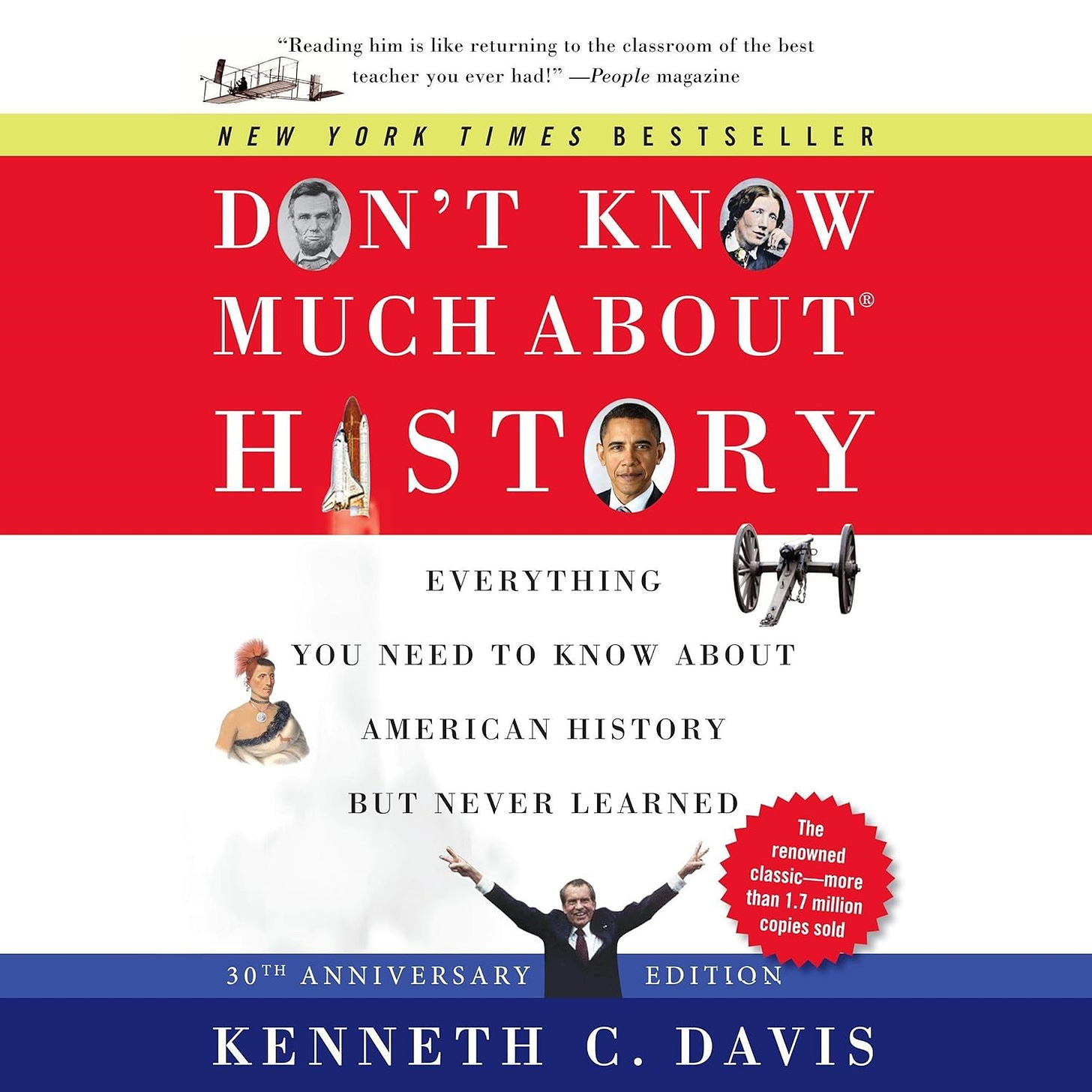
"United States is a Democratic Republic..." Almost right, "United States is a Constitutional Republic." A Democracy is mob rule. Two wolves and one sheep trying to figure out what is for dinner. A Democracy is "whomever has the most votes wins." That is not our system. Each state is represented by "representative" who votes on behalf of a "group of voters." 10,000 voters, 1 vote. The electoral college, not popular votes, elects or selects the president. They base their vote supposedly on the popular vote. It's the illusion of choice. Welcome to fantasy land. :)
As a Canadian who lived in the U.S. (in NH) for five years as a non-citizen, I found out that many Americans do not understand the immigration process. They often asked why I did not apply to become a U.S. citizen.
In short, the U.S. does not have many pathways to legal permanent residency and citizenship. There is marriage and investor class. There is no points system like in Canada. Most H1B visas do not turn into green cards. One day I will write about my immigration experience, and explain why the U.S. immigration system needs reform.